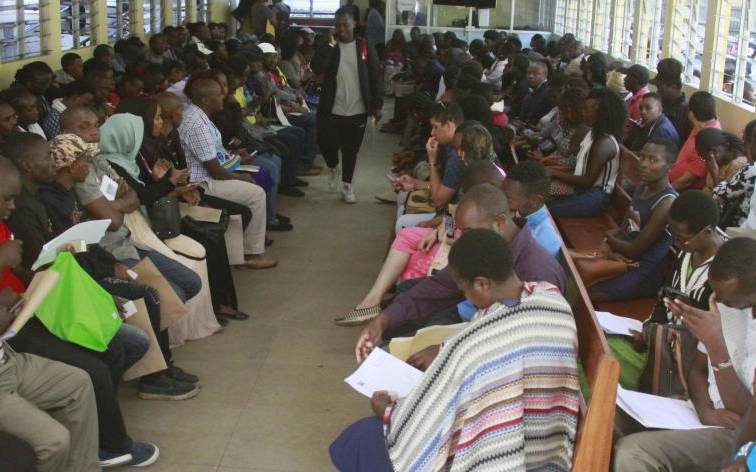×
The Standard e-Paper
Smart Minds Choose Us

Passport applicants que at Nyayo House in Nairobi to get updated passports following move by government to introduce newly designed travel document,on Friday, January 25 2019. [Boniface Okendo,Standard]
On the eCitizen digital platform, the Immigration Department sells the passport application process to applicants as an easy, streamlined and stress-free experience.